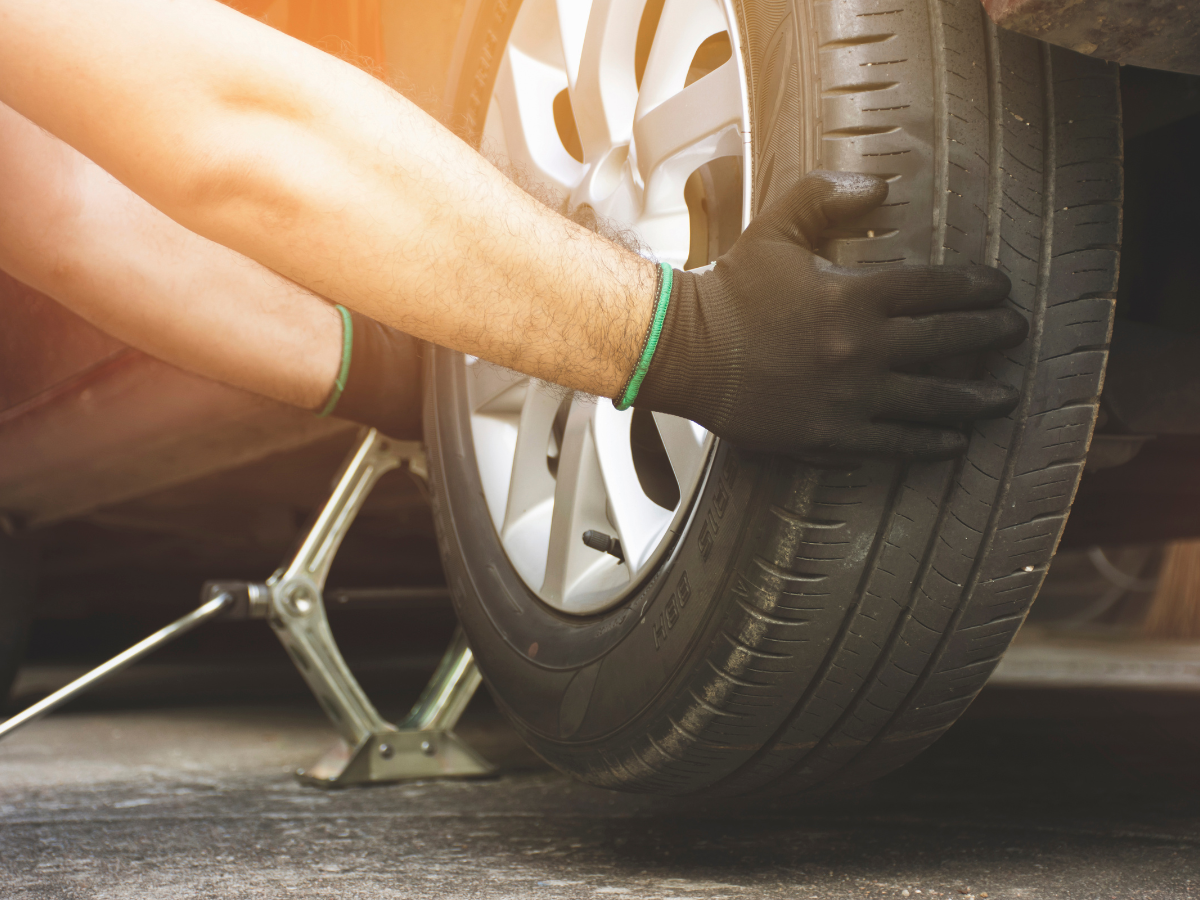Yokohama bets on local production for sustainable biz in India
In an interaction with PTI, Yokohama India Managing Director and CEO Harinder Singh said the company can manufacture tyres of up to 18 inches in diameter within the country and has plans to extend this capability to accommodate tyre sizes of up to 22 inches, to cater to the demand for bigger-sized tyres.
“While we still import certain high-end tyres, like run-flat tyres commonly found on luxury vehicles from our overseas manufacturing bases, our commitment to localising production in India is unwavering,” he added.
Singh said the company supports the government’s decision to ban tyre imports into the country.
“Yokohama India supports this decision and recognises the importance of investing in local production. Our investment in the Vizag plant reflects our commitment to the Make in India initiative and positions the company to capture a larger share of the premium SUV market by offering locally manufactured, high-end tyres,” he said.
Local production also helps in reducing costs, lead times, and dependency on imports, contributing to a more sustainable and competitive business model, he added. The move towards faster and more economical localisation, combined with the capability to manufacture tyres up to 22 inches, positions the company to better serve the growing market demand for SUVs, MPVs, and premium vehicles in the country, Singh said. In 2020, the government imposed curbs on imports of certain new pneumatic tyres used in motor cars, buses, lorries and motorcycles in a move to promote domestic manufacturing.
Tyre companies can now import only a small number of tyres into the country under a limited import licence, which was not the case before 2020.
With the establishment of a new plant in Visakhapatnam, the company expects to be in a better position to cater to the needs of Original Equipment Manufacturers (OEMs) and aftermarket.
Expanding the product range and production capabilities to include premium and larger tyres is a strategic move that aligns with the evolving preferences of customers and the growing demand for such tyres in the Indian market, Singh said.
Earlier this year, Yokohama announced that it will invest USD 82 million to set up a production unit in Visakhapatnam to roll out passenger car tyres.
With this additional investment, the company looks to increase its annual passenger car tyre production capacity in India from the current 2.8 million to 4.5 million tires by 2025.
The new line is scheduled to start production in the fourth quarter of 2024 and will be capable of building passenger car tires up to 22 inches.
The company has also invested around USD 154 million in its Bahadurgarh plant.
“Through strategic investments, continuous improvement, and a focus on meeting customer needs, we are progressing towards the goals of increased production capacity and market expansion in India” Singh said.
He noted that the company is also looking to enhance sales infrastructure in the country over the next few years.
“Plans are in place to increase our footprint by 20 per cent during this year and another 20 per cent in the coming two years,” Singh said.
The company currently has about 2,800 dealers and runs a network of more than 550 Yokohama Club Network (YCN) stores across the country.
Yokohama entered the Indian market in 2007.
For all the latest Automobile News Click Here
For the latest news and updates, follow us on Google News.


